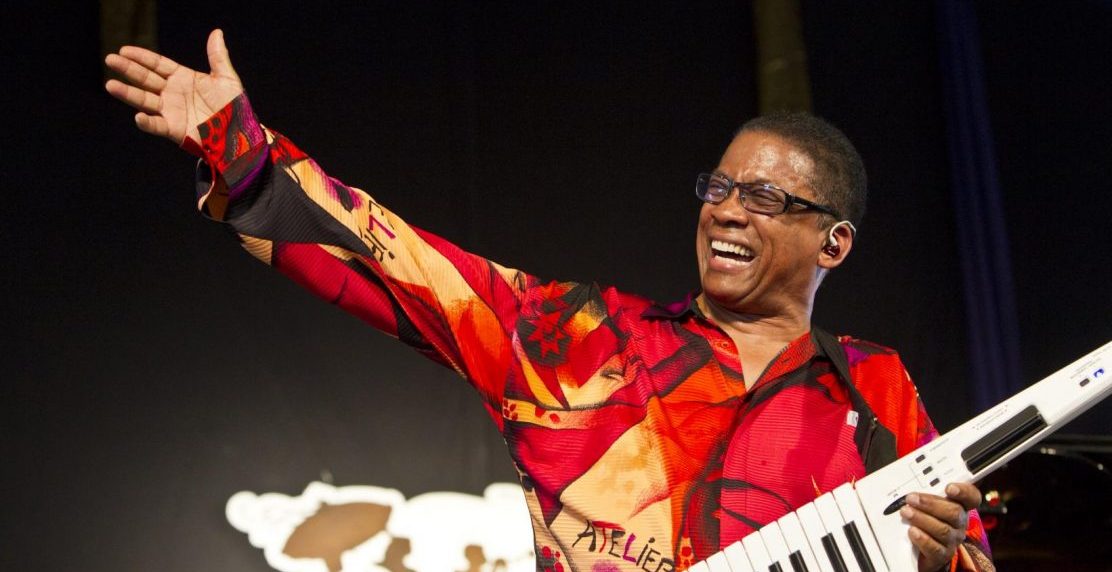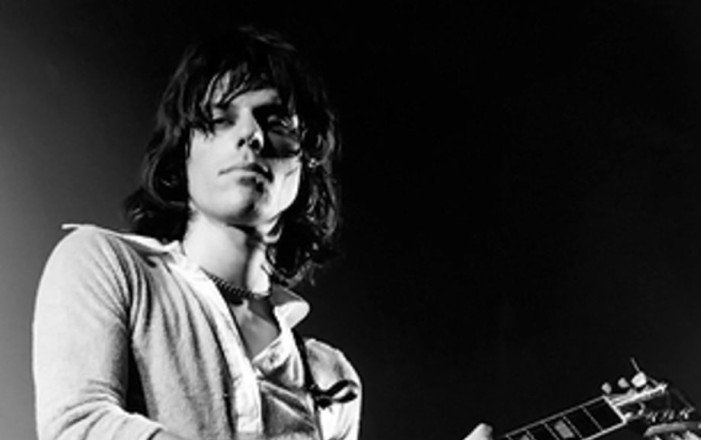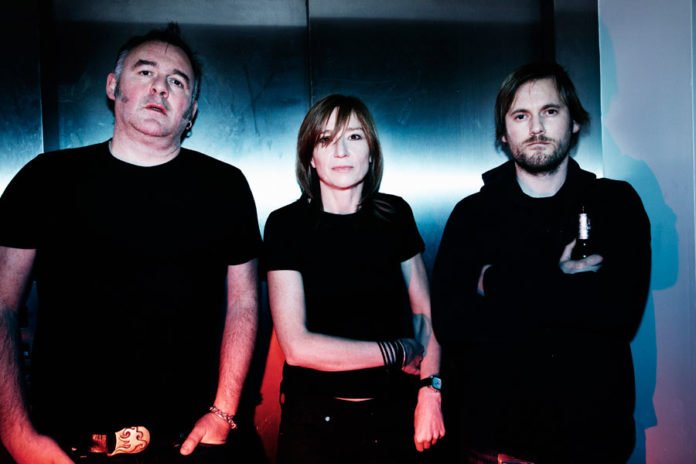Award winning jazz musician Herbie Hancock turns 80 today. His career spans six decades and helped redefine the role of a jazz rhythm section. Multiple Hancock compositions are considered jazz standards and his work in electronic music with Bill Laswell produced a chart-topping hit in the ’80s. Hancock’s tribute to Joni Mitchell, 2007’s River: The Joni Letters, was only the second jazz album to win a Grammy for album of the year.
Hancock started in music studying classical piano in his hometown of Chicago, playing his first concert at 11. Through his teens, he never had a jazz instructor, developing his sense of the genre on his own. Hancock received a dual degree from Grinnell College in electrical engineering and music in 1960 and began performing and recording soon after, releasing his first album in 1962.
The first record, Takin’ Off, produced a hit for Mongo Santamaria with Hancock’s “Watermelon Man,” but more importantly it caught the attention of Miles Davis. He personally sought Hancock to join his Second Great Quintet, a group that is still considered one of the all time greatest jazz combos.
Herbie Hancock continued in the Quintet through 1968 while simultaneously releasing his own records and working on dozens of other records. When Davis led the group towards incorporating more rock elements, Hancock reluctantly followed, a decision that would pay off with his later records.
In 1973 Hancock formed his Headhunters band and played a jazz fusion style embraced by pop audiences but criticized by jazz purists. This led on to his involvement with Bill Laswell and the Grammy winning single “Rockit.” The instrumental was the first pop hit to feature scratching. An example of Hancock’s genre-fusing performances is illustrated by a Grammy performance when Hancock played a synthesizer jam with Stevie Wonder, Thomas Dolby, and Howard Jones.
Herbie Hancock has recorded 45 albums and won 13 Grammys.







